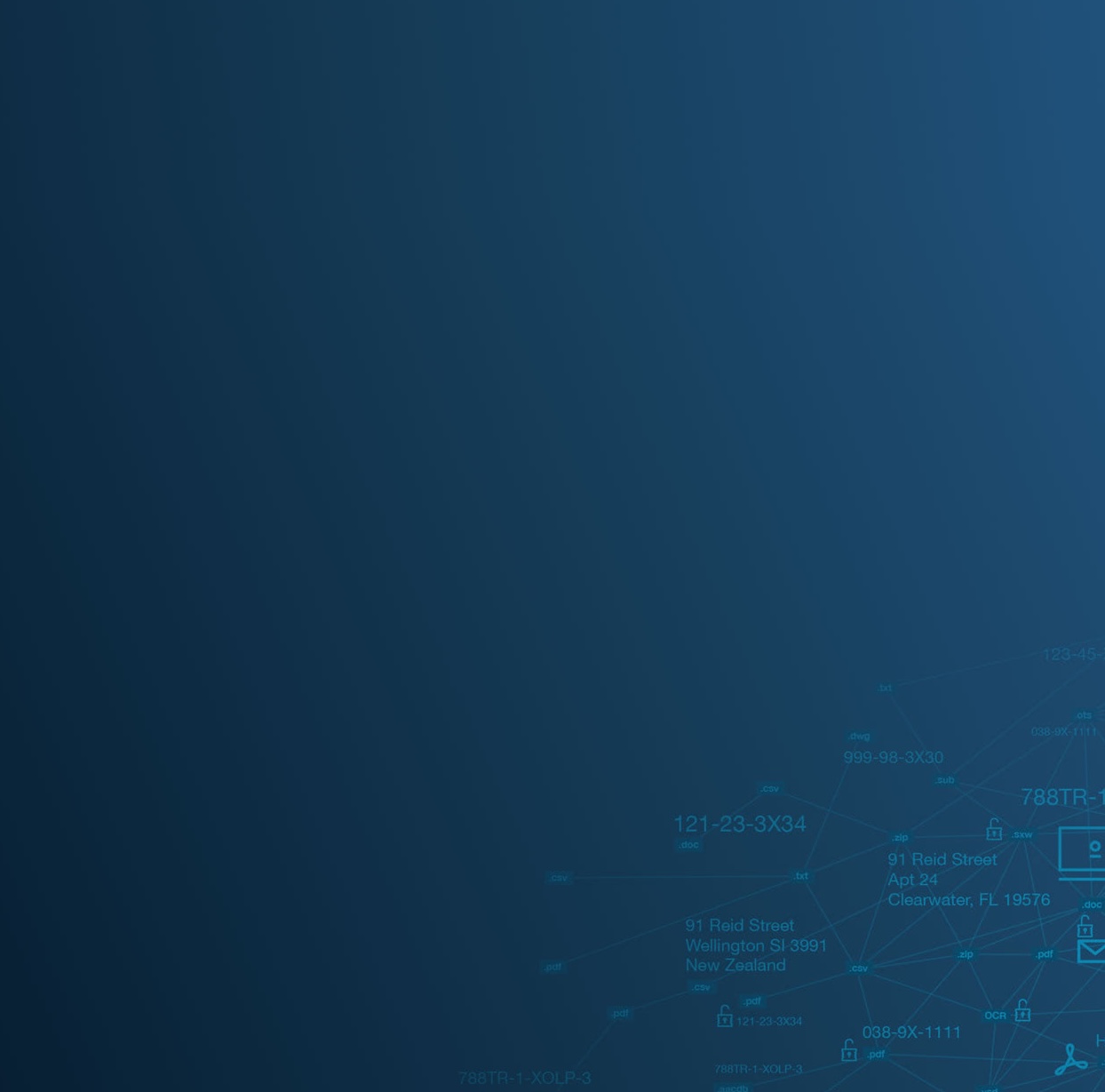Data security and data privacy are frequently spoken about in the same breath. However, the two terms are not interchangeable. Rather, they are two complementary parts of a comprehensive data protection program.
Here are the key similarities and differences between the two terms and what you need to know to ensure complete protection of the data under your control.
What is data security?
Data security encompasses the programs and policies you have in place to protect data from threats no matter where that data lives. This includes endpoint devices, cloud platforms, and any other locations where your company stores sensitive data.
While data security policies and procedures may be initiated by your Chief Information Security Officer (CISO) and IT director, the reality is that your entire team is responsible for data security. By creating a culture of security within your organization, you’ll be better positioned to both protect your business from threats and address any data breaches or security events that may occur.
What is data privacy?
The concept of data privacy deals with data collection, storage, and sharing processes rather than the actual data being collected. Data lifecycle management is a crucial piece of the data privacy picture as is the sensitivity level of information.
To understand data privacy, it’s also important to understand any compliance laws which are applicable to your organization. These laws vary across states and countries, so you will need to be aware of any policies relevant to the regions in which you’re doing business. Given the fact that data privacy laws are constantly changing, your organization will need to be able to adapt as these laws evolve, especially as current trends point to more restrictive policies in the future rather than less restrictive ones.
Comparing data privacy vs. data security
Data privacy and data security policies work together to form a more complete data protection plan for your business. Given the close relationship between the two concepts, there’s some overlap as well as some key differences to note.
Key pieces of data security include:
Examples of data privacy concerns include:
While data is at the heart of each piece of the strategy, what’s not immediately clear to many is how to best approach these concepts in actionable ways. Fortunately, data-centric solutions can effectively address both areas of data protection.
Complete data protection
A comprehensive data protection strategy involves both data security and data privacy. This can be achieved through the implementation of data-centric tools and policies.
A comprehensive plan includes the following steps:
- Find your data where it lives. Sensitive data discovery plays a critical role in the data protection process. You need to know what you have and where it lives before you can take any actionable steps towards proper protection.
- Classify your data thoroughly and accurately. You need to be able to classify your data based on three key criteria: confidentiality, integrity, and availability. Additionally, you’ll need to automate this process as much as possible to ensure scalability over time.
- Monitor your data to prevent, detect, and stop threats. Security risks are constantly changing, and you need to be prepared to address both internal and external threats. By monitoring data, you can proactively identify unauthorized or abnormal behavior.
- Practice proper data hygiene. Data remediation lowers your organizational risks by reducing your data footprint and improving your security posture.
For more information on unifying data security, privacy, and governance through classification, see our white paper on the topic (PDF).
Spirion’s Governance Suite: an all-in-one solution
Data security and data privacy play a crucial role in your day-to-day operations. In addition to the reputation of your organization, your financial position could also be at stake as the result of penalties and fines. With so much to lose, a piecemeal approach to data protection is inferior to an all-in-one solution like Spirion’s Governance Suite.
Only the Governance Suite brings together the discovery, classification, and remediation processes to give you a proactive privacy and security posture. With the Governance Suite, you’ll be able to find your data where it lives with 98% accuracy, automate the classification process based on the needs of your organization, and prepare your organization to comply with tomorrow’s laws today.
To see the software in action or learn more about the comprehensive set of tools we have available, contact us today.


